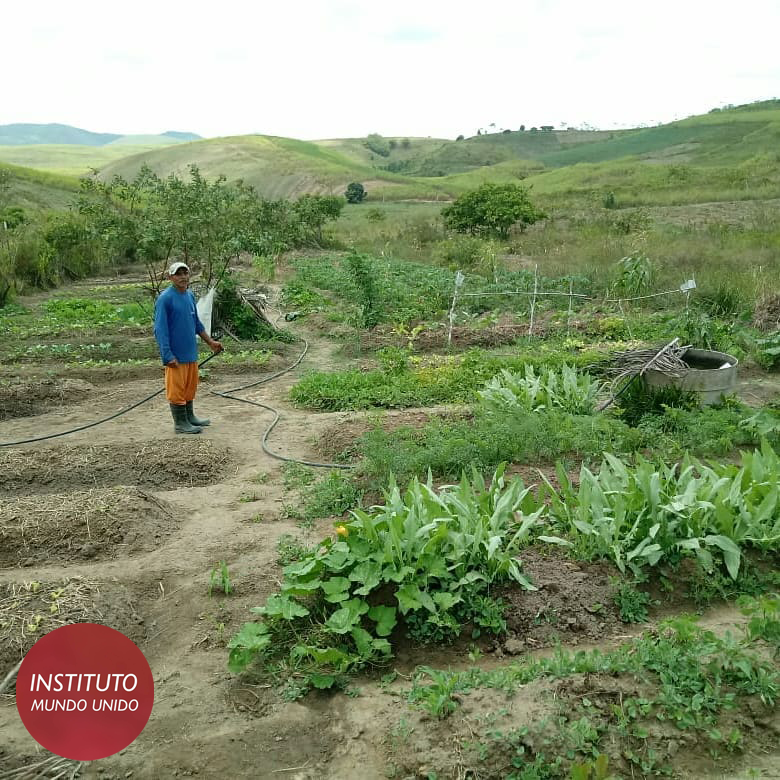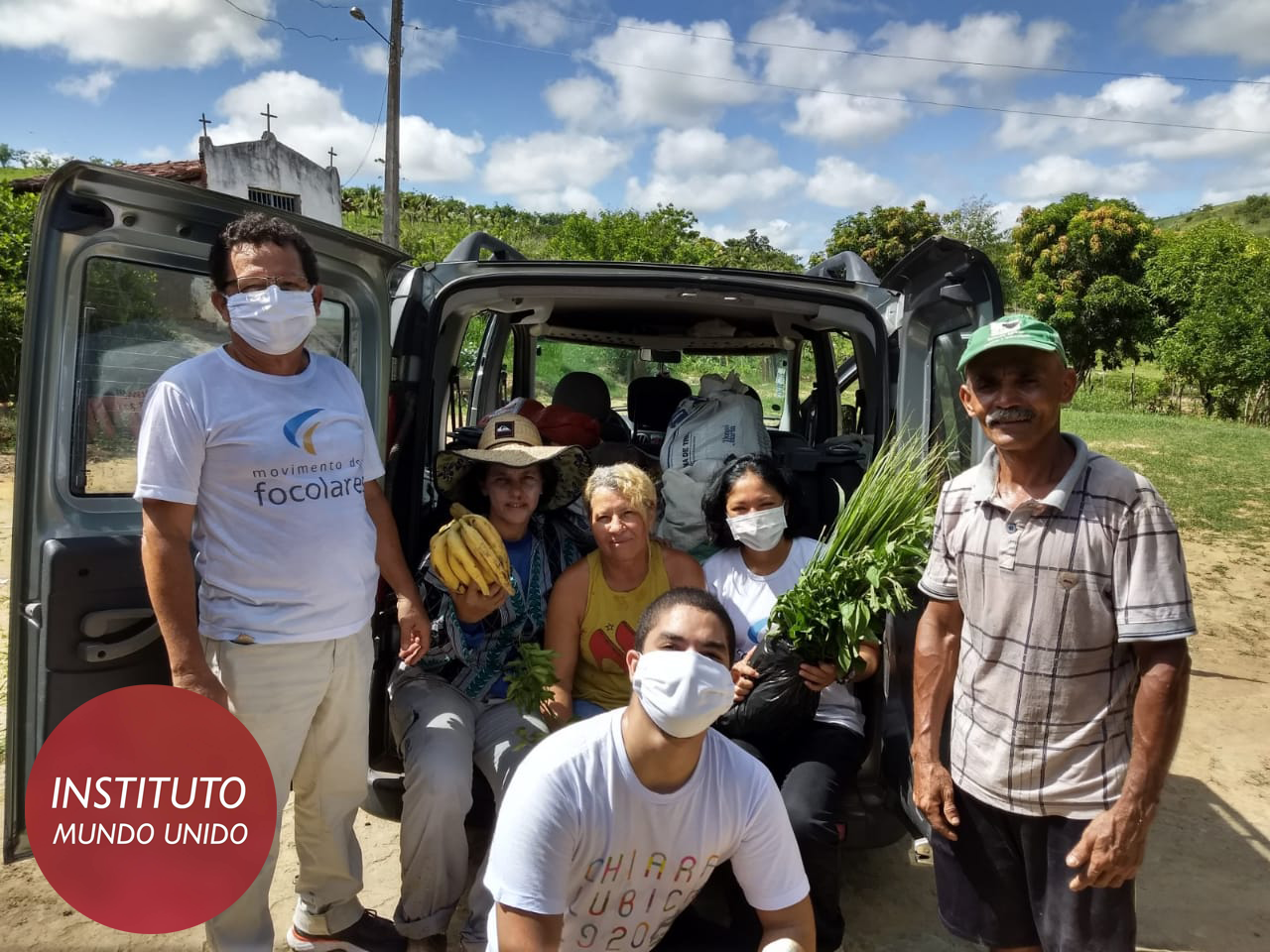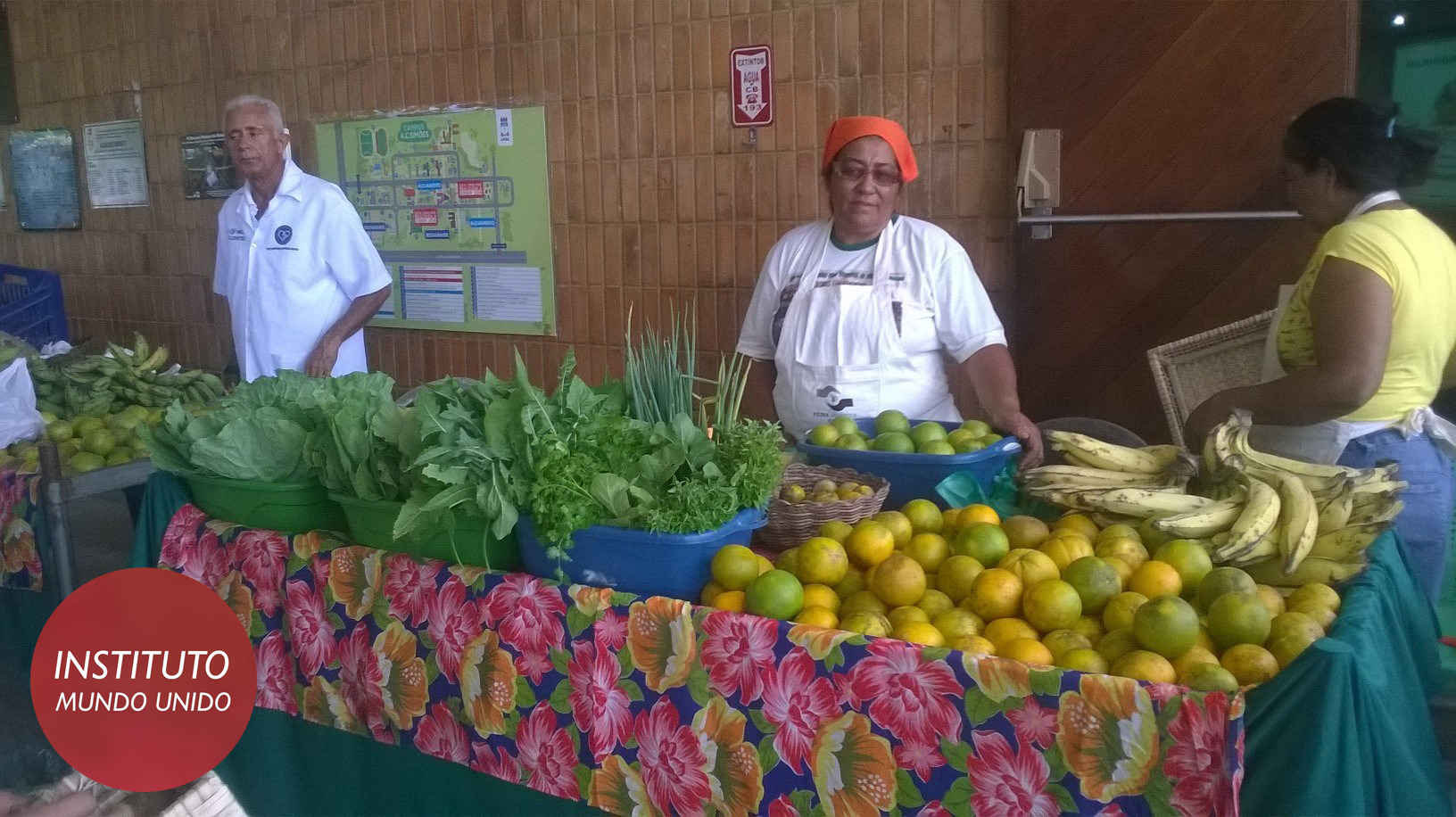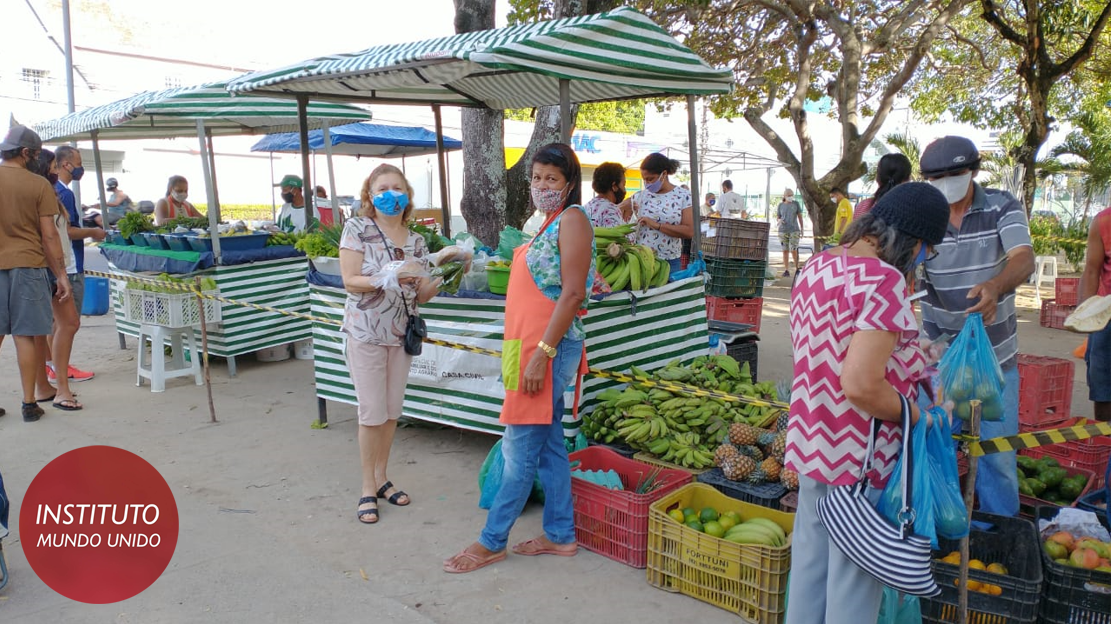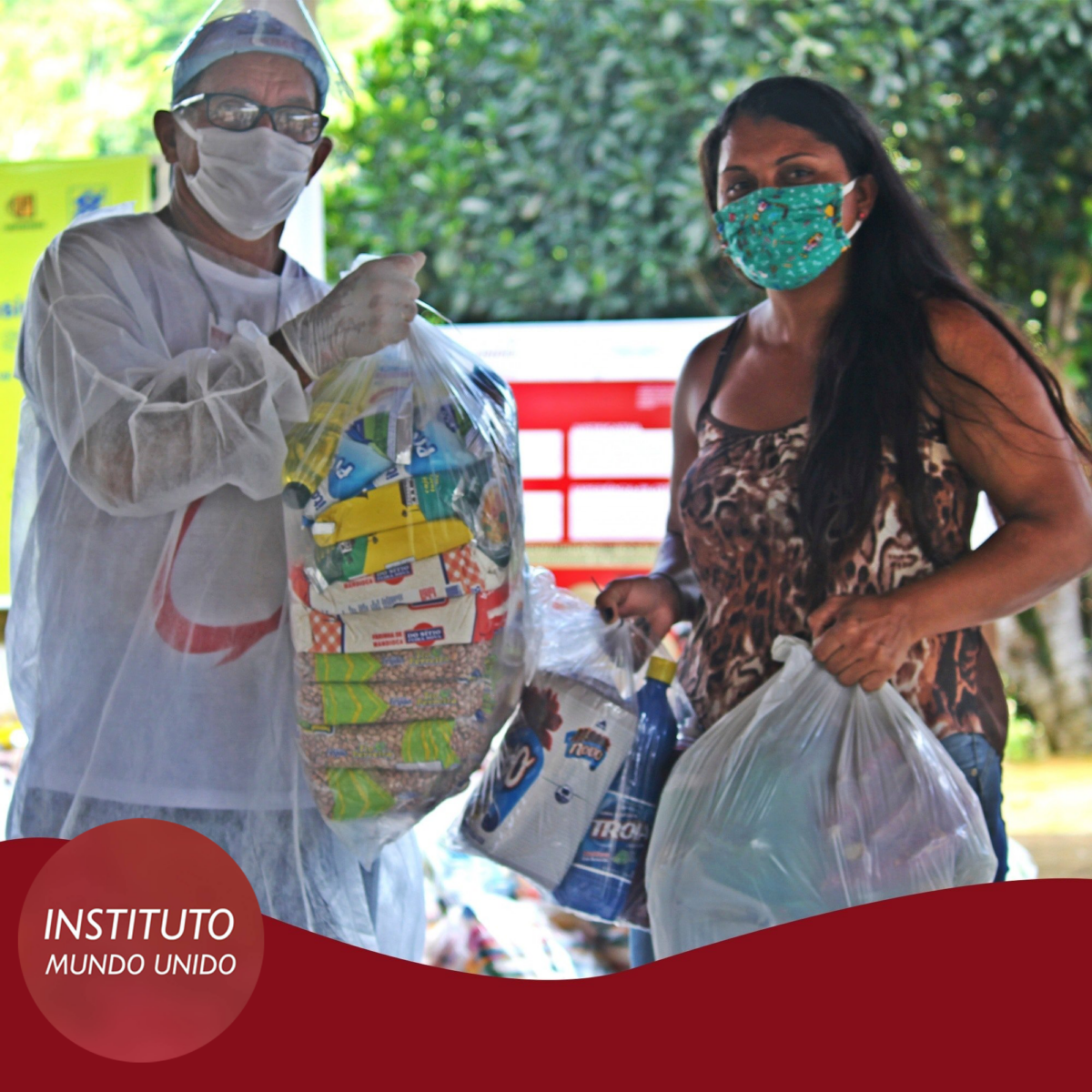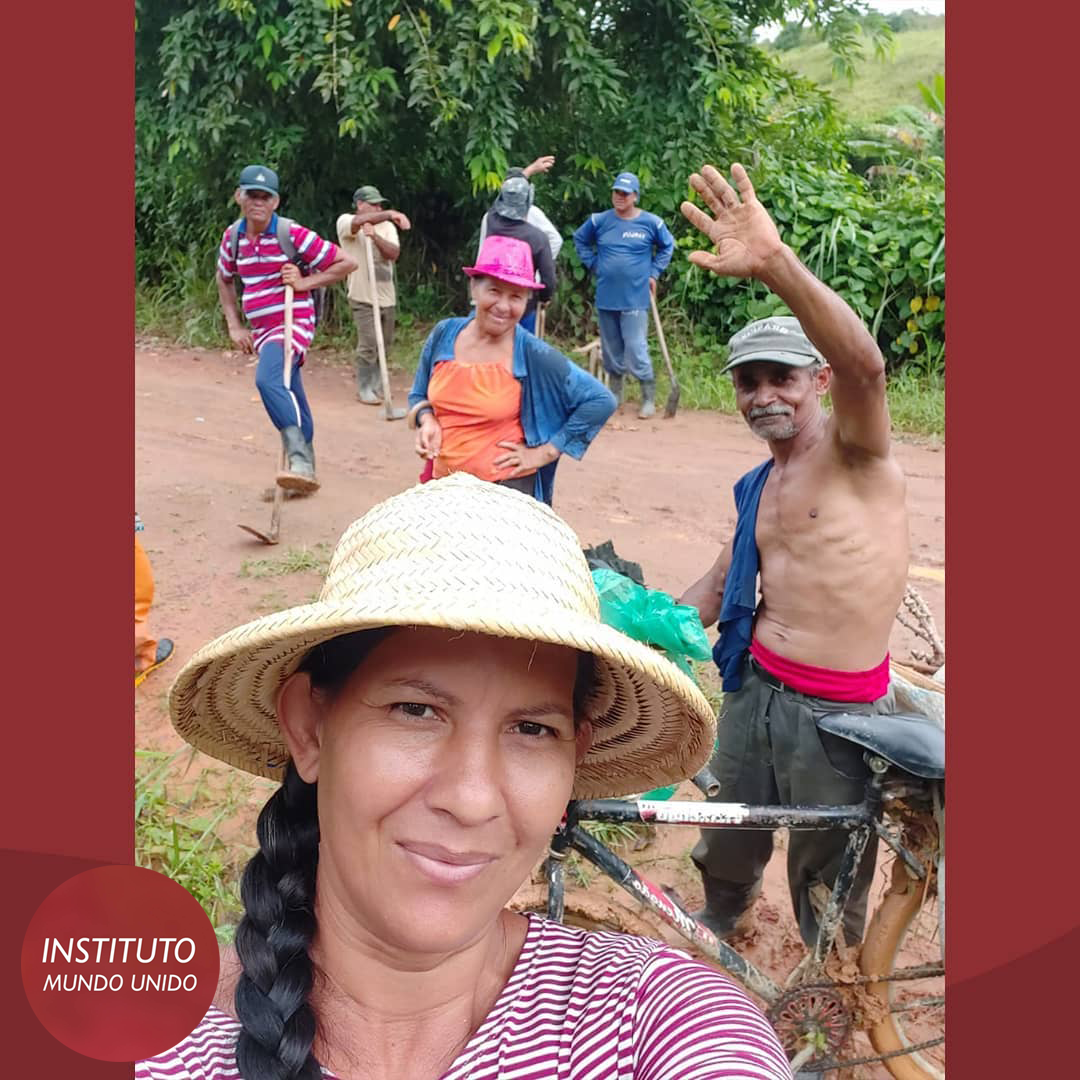
Workshop
United World Institute and the Zumbido Project
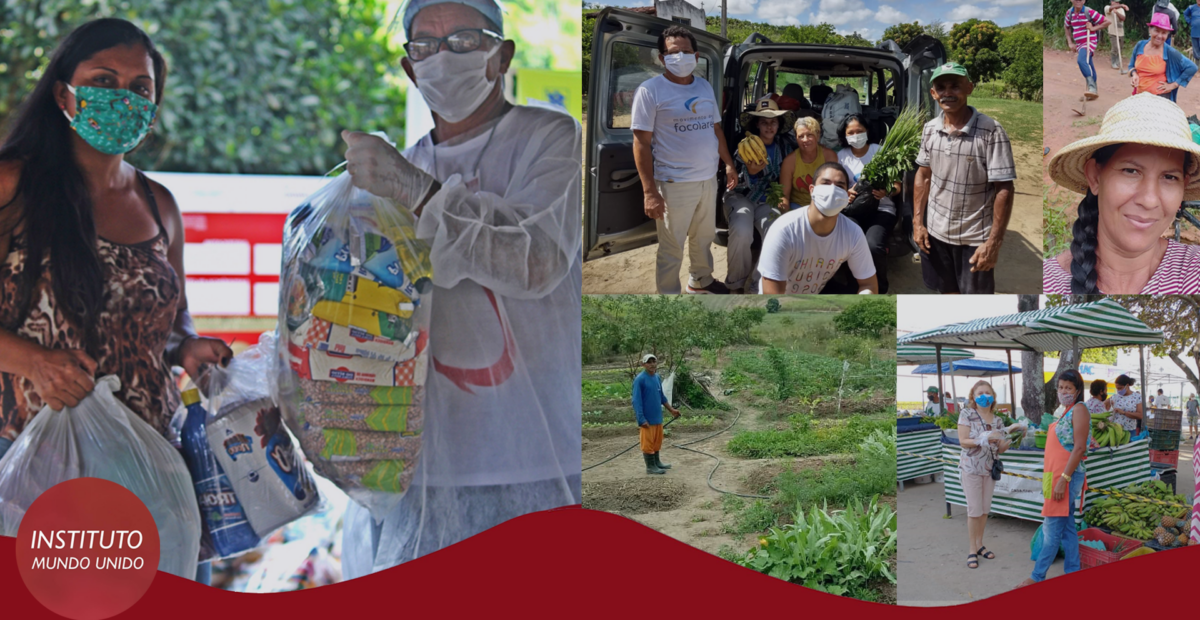
Cristina Lira Gameleire and Gilvânia dos Santos tell us about the work of the United World Institute, and in particular of the Zumbido Project for social inclusion in the Zona da Mata, Brazil.
Many rural communities in Brazil, made up of small producers, live on the margins of society where they from economic and social hardships. This is the case for a considerable portion of the population in the Zona da Mata in northeastern Brazil. Social contradictions are a main featuer of the region, with large urban areas and their high concentration of income, and large rural areas, with their favelas inhabited by whole communities of some of the most vulnerable people in the world.
What is often lacking are opportunities and investments that would improve the quality of life for these communities, and it is was for this purpose that the United World Institute (UWI) was created.
The UWI was begun in 2009 and inspired by the Economy of Communion (EoC). It is a non-profit institution that seeks to combat social inequality through human and professional training and the generation of income through actions and projects that are carried out by a technical team, volunteers and students from the Federal University of Alagoas.
In this interview, Cristina Lira Gameleira, Vice President of the IMU, and Gilvânia dos Santos, volunteer and co-founder of the Institute, talk about the effort to promote sustainable development and social inclusion of vulnerable families in Alagoas.
Notes:
¹ The interview talks about the Landless Movement, a Brazilian social and political movement that seeks agrarian reform and the redistribution of unproductive lands.
² The interview talks about the quilombos, hidden places where runaway slaves took refuge. Quilombolas are the people who lived in those places.
³ Social media: facebook: @institutomundounido and Instagram: @imumaceio
